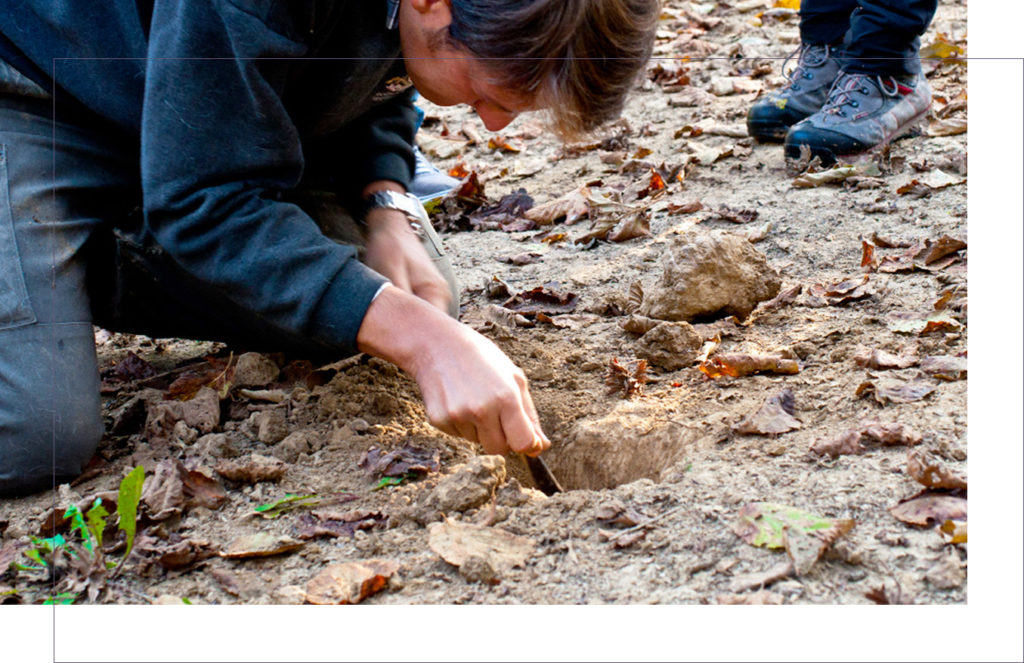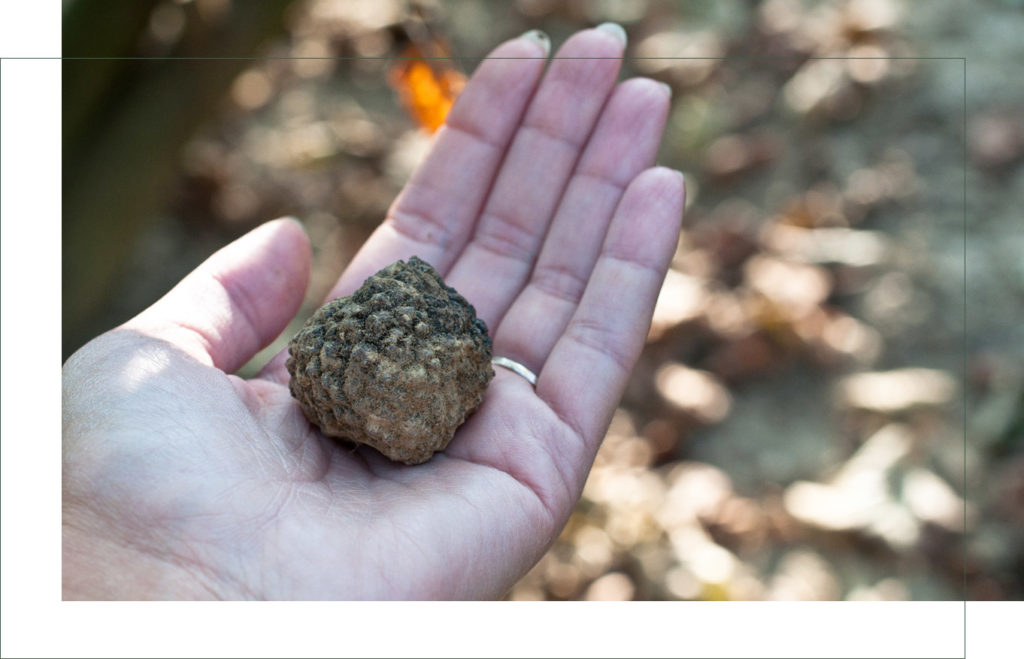In collaboration with Edmondo Bonelli and Carlo Marend’s Save The Truffle project, Albeisa is proposing to its members a new initiative linked to its growing area. “Alberi tra i Filari, simbiosi tra Vigneto e Tartufo” aims to spotlight the connection between the worlds of agriculture and the truffle.
Over recent decades, this area has seen a number of changes happening. On the one hand, there has been a remarkable agricultural growth directed at very high-quality products, but on the other, the environment has suffered loss of valuable wooded areas and an almost total elimination of isolated trees in cultivated fields and of the traditional hedge-rows of trees.
Albeisa therefore has espoused this project, which promotes planting trees along the borders of fields in order to interrupt monocultures and connected risks, and to restore diversity to the agricultural landscape.
An additional objective is the restoration of the traditional character of uncultivated area by removing invasive species and restoring the noble native trees, which favour truffle growth.

This project will bring direct benefits for viticulture through elimination of species that host the vector of the flavescence dorée vine disease and reduction of areas for roaming deer and boar. Further benefits
are the creation of islands of biodiversity and sinks for CO 2 .
The introduction of trees should not, obviously, come at the expense of vineyards and hazelnut groves, in terms of space and shade; rather, they will go into non-utilisable areas, border locations, and steep slopes.
Selection will focus on the most appropriate tree species and on locating them in the most suitable spaces.

Reference will be given to those that favour growth of the white truffle: the downy oak (Q. pubescens), suited to hot, dry conditons; the English oak (q. robur), suited to moist conditions; the linden (Tilia × europaea), all conditions; white poplar (populus bianca), all conditions; and the cotton-wood (populus deltoides), suited to moist conditions.
Starting in 2019, Albeisa members will host these new trees on their own hillslopes.


